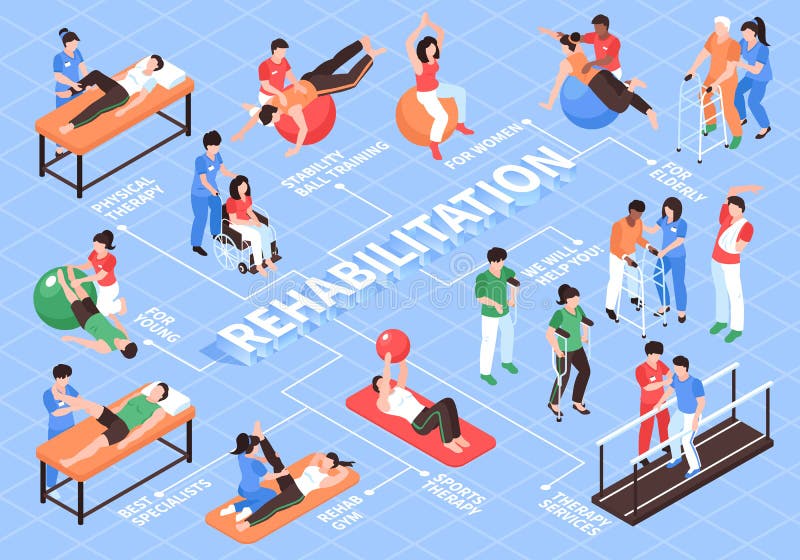Rehabilitation facilities offer a wide range of services to those looking to recover from drug and alcohol addiction. There are several types of rehab facilities available, each with its own unique benefits. It is important to understand the differences between the different types of rehab facilities to ensure that you select one that is right for your needs.
Inpatient Rehab Facilities
Inpatient rehab facilities provide a safe, secure, and structured environment for addicts to recover from their addiction. Patients are required to live at the facility for the duration of their treatment program, typically ranging from 30 to 90 days. Inpatient rehab centers provide 24-hour access to medical treatment and monitoring, as well as therapeutic and educational sessions. The main benefit of inpatient rehab is that it provides a supportive, secure environment for addicts to focus on their recovery. If you want to know more about rehab facilities, You may navigate to this website.

Image Source: Google
Outpatient Rehab Facilities
Outpatient rehab facilities provide a less intensive form of treatment than inpatient rehab centers. Patients are able to continue living at home and attending work or school while they receive treatment. Outpatient treatment programs typically involve individual therapy, group therapy, and educational sessions. The main benefit of outpatient rehab is that it can be more convenient for those looking to continue with their normal routine while receiving treatment.
